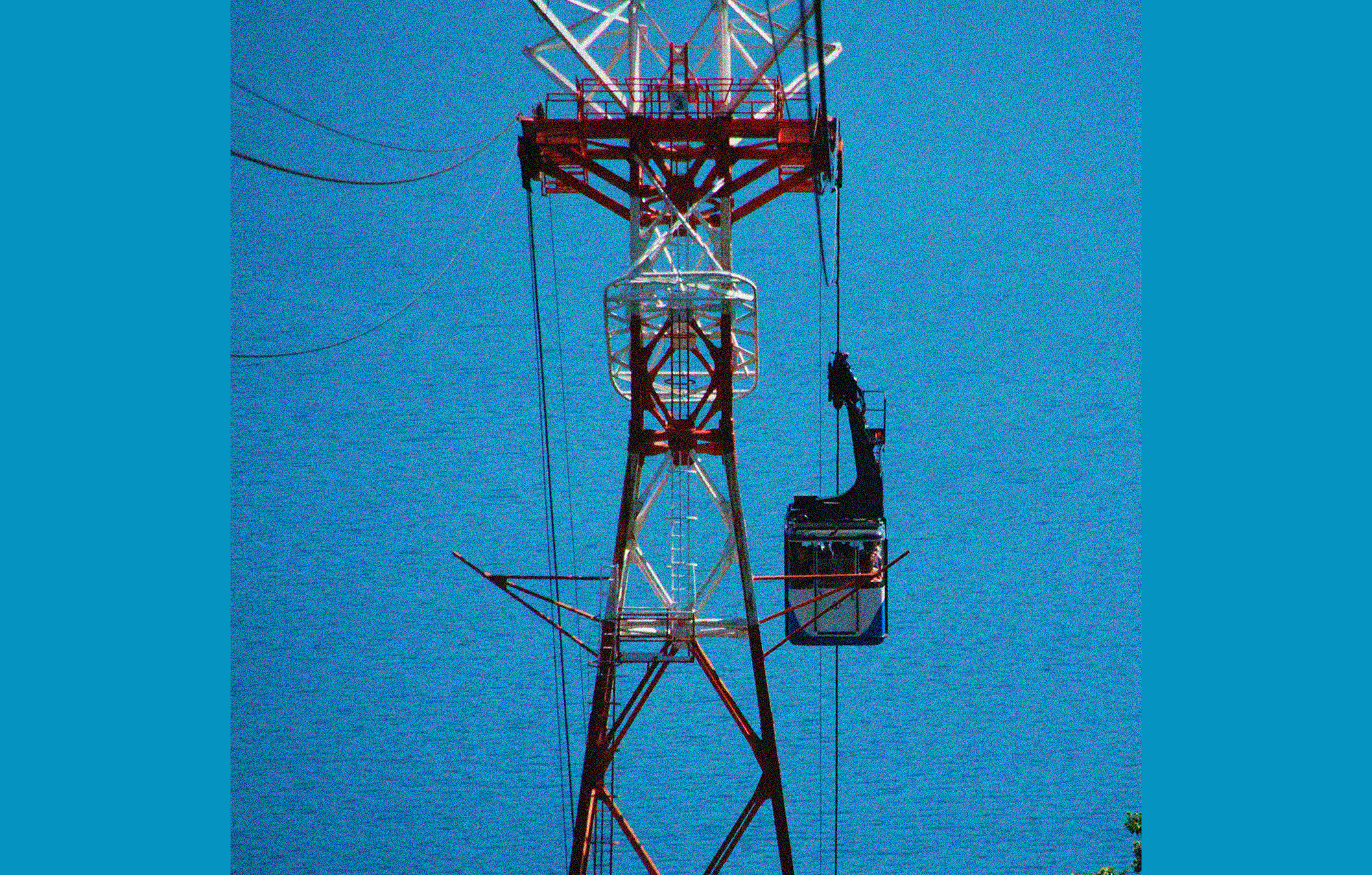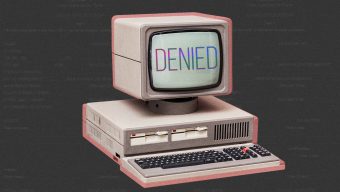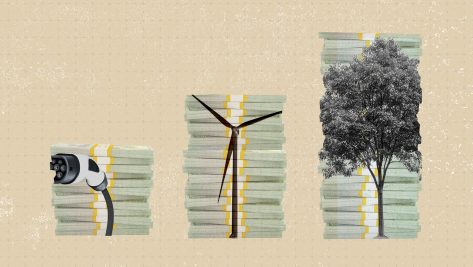Public-private partnerships (PPPs) have become increasingly popular amongst governments around the world as a way to design, finance, and execute public infrastructure projects through partnering with one or more private companies. In fact, PPPs (also known by the acronym of P3s) are now such a key component of governments’ delivery of even the most basic of public services – for example, transport infrastructure such as the building of highways, bridges, and airports, the development of water management, and the construction of sports facilities and schools – that these long-term contractual agreements have become standard, especially when it comes to large scale projects.
PPPs have many clear advantages, such as the pooling and integration of resources. Yet, they are not free of controversy. One major issue involves establishing accountability in assessing the performance of private firms and determining whether they have sufficiently met the public’s interests. Although formal contracts include a wide array of incentives meant to prevent opportunistic behavior from private operators, it can be challenging to hold private firms responsible for their actions.
In fact, without vigilant execution, incentives (like economic sanctions in case the service does not meet a minimum level of quality) may not be entirely effective in controlling the actions of private contractors, who might come to realize that certain actions do not actually lead to proper sanctions. Moreover, information asymmetry between private contractors and the public sector may lead the former to behave opportunistically and, worse, contrary to ethical standards.
Let’s consider this issue of accountability by taking a look at a specific example: the political events that preceded last year’s Mottarone cable-car crash.
On May 23, 2021 the cable car of Stresa-Mottarone, situated in Piedmont of northern Italy, fell more than 20 meters and caused the death of 14 people. The primary cause of the crash seemed to be related to the rupture of the main cable, a very rare event that is preventable with regular maintenance. Experts who analyzed the cables initially declared that they were worn out by humidity but that even with the rupture of the main chord, the car should have not fallen. Upon closer analysis, a more troubling conclusion came to light: that the brakes of the cable car had been deliberately removed. Further interrogations led by the Italian prosecutor confirmed this hypothesis: to avoid reparation costs, some managers of Ferrovie Mottarone S.p.A, the private firm in charge of the service, had decided to deactivate the emergency brake.
This was a fatal decision. Diligent maintenance is a rather standard safety procedure in any sector and the contract between the Town of Stresa and the private contractor was indeed very specific in regards to the monitoring and surveillance of the firm in this respect. The original contract reads:
“The contractor will take care of the maintenance procedures in a timely way and with care, constantly providing the necessary repair procedures when needed (…). At least once a year, and for the whole duration of the contract, the contractor will allow the public administration’s representatives to oversee the former in the fulfillment of the obligations foreseen in the contract. The contractor shall reveal the technical and accounting documentation related to the realized maintenance procedures.”
The partnership and contract was established before Italy and then the world was hit by the Covid-19 pandemic. The firm had been operating the Mottarone cable car with a positive net income, but when Covid-19 restrictions introduced by the Italian government prevented the normal operation of the cable car service, that net income turned negative.
Italy’s national association of cableway operators (Anef), which represents approximately 90% of the total number of Italian cable cars, warned in a series of open letters that the economic inactivity was unsupportable. In fact, carrying-out costly maintenance procedures without generating revenue was clearly putting the survival of these firms at risk. MPs of opposition parties organized a series of parliamentary interrogations, in which the government’s (in)action was criticized. For example, in one of these interrogations, a deputy noted in November 2020:
“I have engaged in a series of meetings with the cable car sector’s representatives. During these moments, critical issues and preoccupations naturally emerged from a group of operators that feel totally ignored by the Government’s actions. In underlining the urgence to provide adequate measures it hopes that the Government can fully welcome the firms’ requests concerning the extensions of the terms relative to the maintenance of cable cars.”
Monitoring the actions of private firms in public-private partnerships is paramount.
Faced with mounting pressure from the politicians, the Italian Ministry of Infrastructure and Transport issued a decree in January 2021 granting those firms responsible for the safety of cable cars a one-year extension to carry out the necessary maintenance operations. The Ministry applied Article 14-ter of the decree-law n. 23 (“Temporary measures for the support of firms’ liquidity”), which was specifically designed to help firms that were hit by the Covid-19 epidemic. The decree also stated that during this extension period:
“The participation of the Surveillance Authority in its surveillance operations and in the periodic tests will not be mandatory.”
This all meant that the private firm in charge of the Mottarone cable car service only needed to send an email to the Italian Surveillance Authority in order to demonstrate full compliance with the new regulation. Any red flags were neatly avoided.
My own research on the Mottarone crash does not claim causality between the law and this tragic event, but the law clearly did enable private firms to override their contractual obligations. As a society, we can’t help but wonder, what would have happened if the Italian government had not issued these extensions? What if the firm had supposedly not taken advantage of the new law but had instead chosen to incur the costs of replacing the cable and repairing the brake? And now, after all that has happened, how will the Italian public sector regain the trust of citizens, especially with respect to the safety of cable cars?
Monitoring the actions of private firms in public-private partnerships is paramount in order to ensure the appropriate execution of the contract. In the case of a cable car service, in which human lives are at stake, it is expected that the public administration would put tight controls in place. However, as we have seen with the Mottarone cable car disaster, the intervention of politicians – who act “above” other organizations – can significantly weaken the public administration’s effort to control private actors. This challenges the understanding of who is accountable and for what and raises ethical issues. In fact, given that preventing the loss of human lives is a shared objective of both the public administration and politicians, the scenario is quite paradoxical.
My findings corroborate the fact that, at least in times of crisis, some decisions are taken with only short-term benefits in mind, rather than long-term effects. For instance, the one-year extension granted to the firms overseeing the cable cars had the short-term benefit of preventing firms from sinking more into debt. However, it also created an opening for unethical firms to act opportunistically, at the expense of the public – a public to whom they were supposedly in service.
The Mottarone case shows that, at least in times of crisis, greed and self-interest combined with a drop in monitoring mechanisms will reveal the existence of low-ethical firms and that politicians are capable of acting in a way that interferes with the normal functioning of the public administration.
I am not arguing against PPPs, but when creating the agreement it is important to thoroughly consider not only the contract between the public administration and private firms but the execution of that contract. When, if ever, is it appropriate for the government in charge to interfere in that contractual relationship? A line should be draw somewhere regarding what governments can and cannot do.
© IE Insights.











